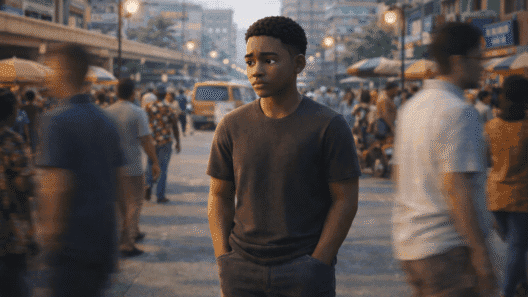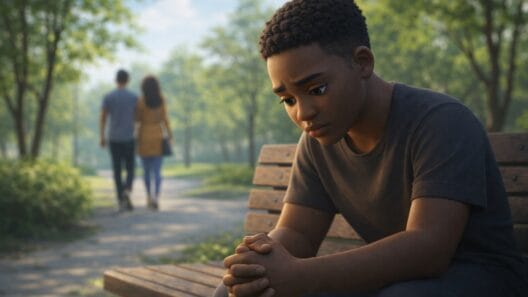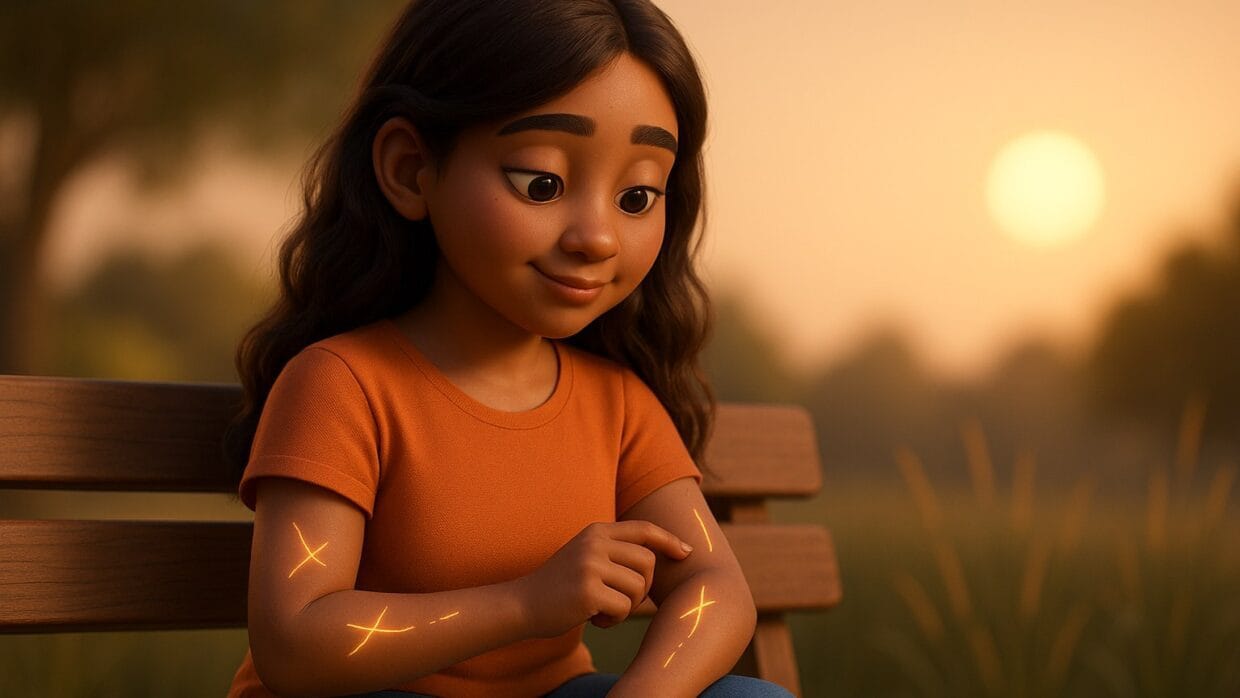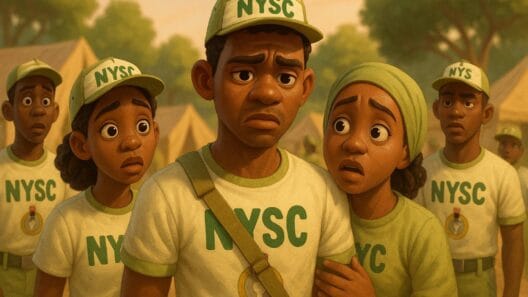At OrangeCityz, we believe everyone carries a story worth telling. Recently, we sat down with a young woman willing to share hers. For privacy, her name has been changed — we’ll call her Amaka.
Amaka, 27, has walked through heartbreak, loneliness, and quiet battles with herself. In this deeply personal conversation, she opens up about her scars, both the ones people can see and the ones she’s carried in silence — and how she came to see them not as flaws, but as proof of survival.
OrangeCityz: Amaka, can you tell us about a time when you first became conscious of your scars?
Amaka:
I think it started in my teenage years. I had a small accident as a child that left a mark on my leg. At first, I didn’t think much of it, but when I grew older, people would ask about it or stare. That’s when I began covering it up. And it didn’t stop with the physical scar. As I went through heartbreaks, betrayals, and even depression, I carried wounds inside me too. I felt like every scar, visible or invisible, was proof that I was weak — like I wasn’t good enough, like I had failed at life somehow.
OrangeCityz: That must have been difficult. How did those scars affect the way you saw yourself?
Amaka:
Honestly, I hated myself sometimes. I avoided mirrors. I didn’t want people to get too close to me emotionally because I was afraid they’d see the broken parts I was hiding. I’d smile louder than I felt, dress brighter than my mood, and pretend everything was fine. But deep down, I believed I was damaged goods. And when you believe that about yourself, you unconsciously start treating yourself like you’re undeserving of good things.
OrangeCityz: Was there a turning point? Something that made you see your scars differently?
Amaka:
Yes. One night, I was journaling — just writing down all the things I had survived. The heartbreak that left me shattered but didn’t destroy me. The depression felt endless, but somehow lifted. The betrayal that nearly killed my trust but couldn’t kill my spirit. As I wrote, I realized something: every scar I had was attached to a story of survival.
Instead of seeing them as proof of failure, I started seeing them as evidence that I’m still here. That I went through fire and didn’t burn to ashes. That life tried to break me, but I kept standing. That changed everything for me.
OrangeCityz: That’s powerful. How has this realization changed the way you live now?
Amaka:
I don’t hide anymore. I wear clothes that show my scar. I talk openly about my struggles. And I no longer rush to cover up my emotional wounds when life hits hard. Instead, I give myself space to feel, to heal, and then I remind myself: this too will become a scar, and even that scar will tell a story of survival.
Now, when I meet people who are ashamed of their scars — maybe it’s stretch marks, maybe it’s heartbreak, maybe it’s trauma – I tell them what I had to tell myself: Your scars are not ugly. They are the strongest, most honest parts of you.
OrangeCityz: If you could send one message to someone reading this right now who feels ashamed of their scars, what would it be?
Amaka:
I’d say this: stop hiding. Stop believing the lie that scars make you less. They make you more. They mean you have lived, you have fought, you have survived. Don’t rush to erase them — embrace them. Because one day, you’ll look back at your scars and realize they were never the end of your story. They were the evidence that you kept going.
Final Note from OrangeCityz:
Amaka’s story is a reminder that scars are not signs of weakness but of resilience. They whisper, “I made it.” If you’re carrying scars today, may you find strength in them, just like she did.














